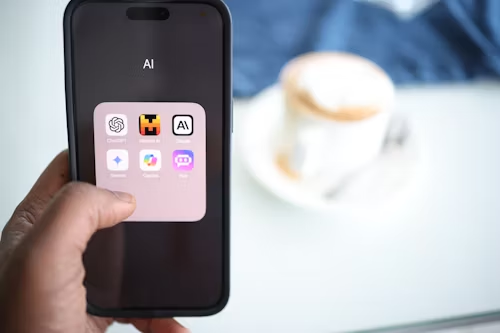Anthropic is taking direct aim at the competition by introducing a desktop app for Claude, its next-generation AI assistant, available for both Windows and macOS. This new release follows the release of Claude’s mobile app for iOS in May and Android in July, bringing the AI assistant to a range of devices.
The desktop version mirrors the simplicity and functionality of the web app but allows users to access previous chats and starred conversations. It has the added convenience of being able to launch directly from the desktop, eliminating the need for navigation through a single browser.
Windows users in particular can choose between two app versions (x64 and ARM64) to ensure compatibility and performance tailored to their system. And if you find the web browser cumbersome, you can easily launch the Claude app using a key combination (Ctrl + Alt + Spacebar) for instant access.
In parallel with the release of the desktop version, Anthropic is also expanding Claude’s mobile capabilities, adding dictation support for voice-based interaction to its iOS and Android apps, a useful feature for users who need to communicate hands-free.
The desktop app comes just a week after Anthropic released an exciting update in October, introducing new models called Claude 3.5 Sonnet and Claude 3.5 Haiku, both of which have improved encoding capabilities. At the same time, the company introduced Computer Use as an open beta feature, which allows Claude to interact with computer interfaces through APIs, clicking buttons, tapping, and interacting with screens, just like a human would.
Anthropic’s Claude can now interact with computers like a human with a new upgrade of the model.
Claude 3.5 enables developers to easily automate complex tasks, and the upcoming Claude 3.5 Haiku promises faster and more efficient AI performance. While this feature is not directly available in the desktop app, it demonstrates Anthropic’s forward-thinking approach to make it accessible on desktop as soon as it is released.
Meanwhile, Anthropic’s timing is no coincidence. The desktop debut follows an earlier macOS release and the recent Windows release of OpenAI’s ChatGPT app. Other AI competitors have also established a desktop presence, including Perplexity’s AI search engine and Microsoft’s own Copilot, which is also built into Windows 11 and recently received a major update.


